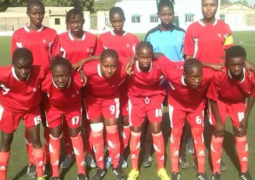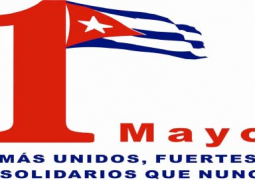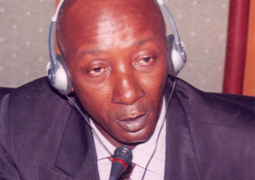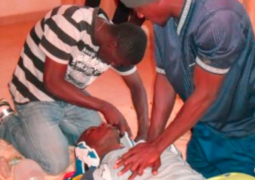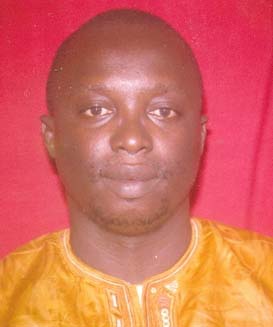
The Gambia through the Ministry of Health and Social Welfare yesterday commemorated African Medicine Day with the theme: “Collaboration between Traditional Medicine Practitioners and Conventional Medicine Practitioners.”
Speaking at the commemoration held at the KMC grounds, Omar Sey, Health and Social Welfare Minister, said the theme nonetheless engenders the urgency for reflection and evaluation of developments in traditional medicines in WHO African member states for the last ten years.
He explained that so far the formulation and enforcement of regulations to curb undesirable traditional medicine practices such as regular advertisements of traditional medicine products with fraudulent claims is urgently called for.
Minister Sey reminded the general public that there is a prohibition of unwarranted publicity given to traditional practices on the media, especially on radio stations.
He added that this practice violates the Medicine Act 2009 of the Ministry of Health and Social Welfare and traditional medicines regulations 2014, which prohibits advertisement on any form of medicines and medicinal products in The Gambia.
He revealed that anyone who intends to prepare, manufacture, import, sell or distribute a traditional medicine product shall apply to the medicines board for registration of the product.
“In recent times, we have realised the dividends paid by collaboration in the prevention of Ebola from our communities. Traditional healers being an integral component of our primary health care system are now being utilised in our surveillance systems in suspected case reporting,” Minister Sey said.
So far there is no confirmed reported case of Ebola, thanks to the strengthening of our collaboration with our traditional partners, he added.
Alpha Jallow, a representative of WHO, said current WHO estimates show that for 80 per cent of the people in the developing world, traditional medicine is the main and sometimes the only source of health care.
He noted that in our region, traditional medicine has a strong historic and cultural origin.
“I appealed to governments in the African Region to increase investment in traditional medicine. This will yield positive returns for the region where traditional medicine products have high acceptance, and governments need to include traditional medicine in their national agenda and create budget lines to support the implementation of the traditional medicine strategy adopted by WHO regional committee for Africa,” Mr Jallow stated.
Jallow also stated that WHO would continue to support countries in their endeavour to make traditional medicines a viable component of their national health systems.
Saliefu Pouye, Governor of Lower River Region, who doubles as president of TRAHASS, said traditional medicine is advancing globally and urged all traditional medicine practitioners to live up to expectations in their dispensation of medicines that are to be taken by their various patients.
He added that it was high time they established good local clinics which are presentable and can provide the right medicine for the right ailment and which also complement the right dose.


